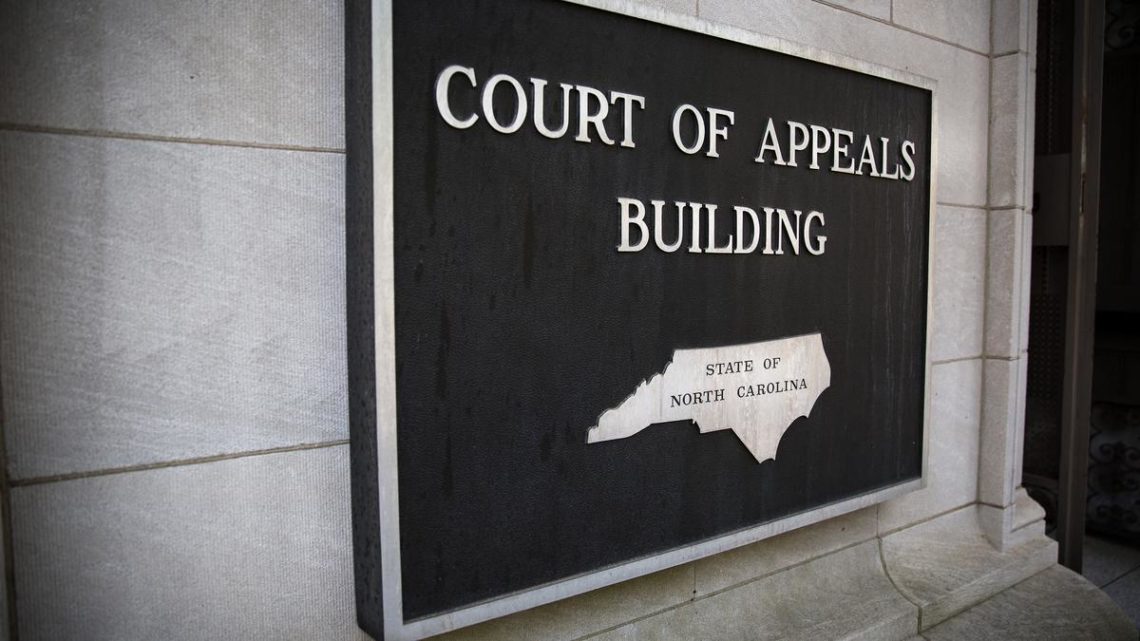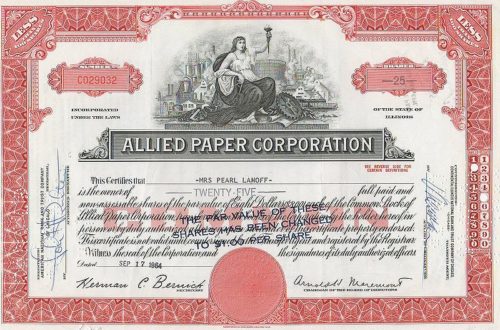Party A and Party B enter into a contract. Party A will perform a service for pay from Party B. Party A performs the agreed-upon services, but Party B refuses to pay. What happens? As most of us know, Party A can sue Party B for breaching the contract.
But what happens if there is no contract? A common example is Party A and Party B execute a contract for Party A’s services in exchange for Party B’s payment. Party A performs the services and Party B provides timely payment in full. The Parties then execute a second contract for the same services in exchange for the same payment. Again, both parties perform as required. Then, Party A, believing a third contract will be executed between the parties, performs the same services, expecting the same payment. However, a third contract is never executed between the parties, and Party B never provides payment. Is Party A stuck with the loss associated with its performance? Party A may still be able to recover damages through a different legal theory: unjust enrichment.
What is Unjust Enrichment?
Unjust enrichment is defined as a method of recovery when a “person has been unjustly enriched at the expense of another[,]” and thus the enriched party is required to make restitution to the other party. Put another way, it is an equitable principle to ensure “the return of, or payment for, benefits received under circumstances where it would be unfair for the recipient to retain them without the contributor being repaid or compensated.”
Unjust enrichment is only available in the absence of an express contract. Stated differently, a plaintiff cannot recover damages for unjust enrichment if he can recover damages for breach of a contract regarding the same act(s). For this reason, unjust enrichment is often referred to as a “contract implied in law.”
Unjust Enrichment Elements
To prove a claim for unjust enrichment, the claimant must show three elements:
- The claimant conferred a benefit on the other party;
- The other party consciously accepted this benefit; and
- The benefit was not conferred gratuitously or by interfering in the affairs of the other party.
The first element – conferring a benefit on the other party – may appear deceptively simple to establish. However, a North Carolina Court of Appeals cases demonstrates it may not always be straightforward. In New Prime, Inc. v. Harris Transport Company and Transport Clearings, East, Inc., the court distinguishes from Sellers v. Morton, a 2008 case in which the court did not find the presence of a benefit conferred on the other party. The claimant in Sellers was the landlord for the employer of the defendants. The employer failed to pay its monthly rent obligations, and the claimant alleged that this conferred a benefit on the defendants – namely, that the money not paid in rent was or could be used as compensation to the defendants. New Prime, in citing Sellers, agreed with the notion that a claimant must establish more than a simple allegation that the money it should have received went to someone else.
The facts of New Prime were significantly different. In New Prime, the claimant was one of two trucking companies who contracted with a third party for trucking services. The third party inadvertently paid the defendant for all of the trucking hauls, including hauls performed by the claimant. The defendant was aware of this overpayment, as well as the reason for it, and yet it refused the claimant’s demand that it compensate the claimant for the payments the third party improperly provided to the defendant. Here, the court found this was a benefit conferred by the claimant to the other party. Specifically, the other trucking company received payments it was not entitled to receive – the court viewed this as an “extra benefit” beyond what the other trucking company was entitled to receive by virtue of its contract with the third party.
Damages – How Do Courts Measure the Amount of Unjust Enrichment?
Even if a claimant can support all three elements of unjust enrichment, the value of the benefit must also be established. For example, in Booe v. Shadrick the court declined to address whether the claimant’s presentation of billing invoices was sufficient to show the reasonable value of the services. The dissenting opinion in Booe agreed with the holding in a previous North Carolina Court of Appeals case, which held such evidence is not sufficient to establish reasonable value. Instead, the dissent suggests that the claimant must show how the amounts invoiced were associated with the hours of work performed, the type of work performed, and how these factors compared to a local or industry standard. Of course, a claimant should present this evidence to ensure it has the strongest possible case; however, whether or not this evidence is required remains unanswered.
If you have questions regarding a contract or unjust enrichment dispute, or other civil matter, please call us at (704) 457-1010 to schedule a consultation. For more information regarding our firm, attorneys, and practice areas, please visit https://lindleylawoffice.com/.





